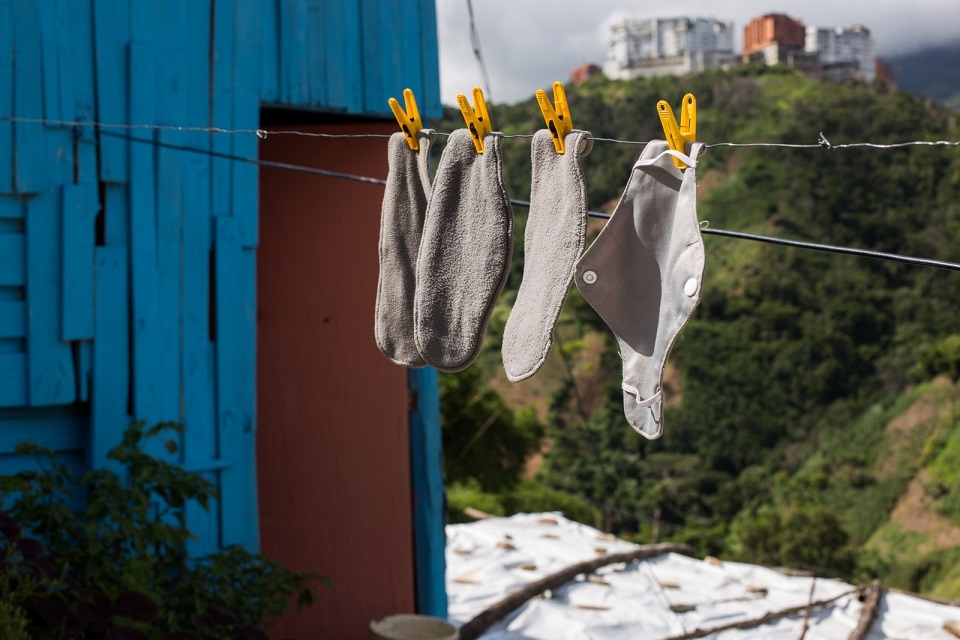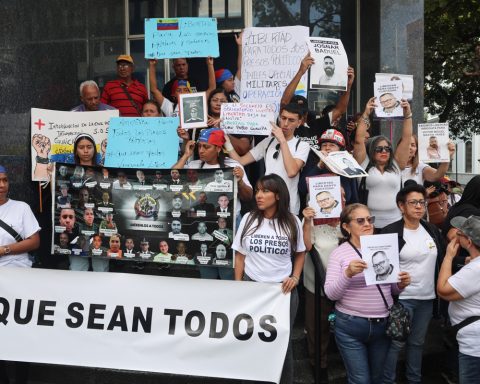In the report Women who resist: Surviving a Venezuela in crisis, the result of a survey of 936 women in 13 states of the country is recorded in which menstrual poverty and sexual and reproductive health constitute the biggest problem for women in the country given the difficulties in accessing contraceptives
The Network of Women Builders of Peace, sponsored by the Press and Society Institute of Venezuela (IPYS Venezuela), published the report “Women who resist: Surviving a Venezuela in crisis”in which the responses of more than 900 Venezuelans who live in 13 states of the country to know their situation on issues such as sexual and reproductive health, stereotypes and gender violence, in addition to the participation of women in politics and access to education.
According to the report, sexual and reproductive health is the biggest problem for women in the country given the difficulties in accessing contraceptives. In the answers, 40% of those consulted stated that they did not have access to products for the management of menstruation.
The document states that only 26.6% of those surveyed said they used methods to prevent pregnancy and details that the sexual education to which they have access is scarce. Menstrual poverty appears repeatedly and the numbers in which women consider that they face hygiene problems together with other factors such as access to water rise.
*Also read: SPECIAL | Women and sexual health, crisis from the womb
Data collected by the United Nations Children’s Fund (UNICEF) show that “menstruation is one of the causes of school absenteeism in Latin America”, since due to the lack of access to regularly have hygiene products during menstruation, 43% of female students in the region prefer to be absent from the classroom.
For girls and adolescents, difficulties in buying sanitary pads, tampons or menstrual cups prevent them from going out because it increases the risk of getting dirty in the street and in educational institutions, drinking water, toilet paper, or even the functioning of the bathrooms are often not guaranteed.
exposed to violence
On the subject that inquired about the perception of gender stereotypes faced by women, the report highlighted that “in Venezuela there is no education program with a gender perspective that promotes the eradication of these stereotypes that are harmful in the search for equality”. Regarding political participation, the study documented that “there are few political positions held by women.” 27% of those consulted indicated that they did not know any female politician, mayor, neighborhood leader, governor or any other type.
The report “Women who resist: Surviving a Venezuela in crisis” He also pointed out that “the women of the country are defenseless against gender violence”: 21% of those surveyed mentioned not knowing where to go in case of suffering or witnessing an assault case. He stressed that “it has been shown that the efforts made by the Venezuelan State against this problem are insufficient.”
The lack of care for pregnant women and obstetric violence were other topics addressed in the report, in which examples of cases that occurred in states such as Bolívar, Lara, Sucre and Táchira were cited, where neonatal deaths, the absence of care centers and specialists in gynecology and obstetrics, are a continuous reality.
This report was made based on a survey of 936 women from the 13 states where the Network of Women Builders of Peace is present: Barinas, Mérida, Táchira, Carabobo, Distrito Capital, Portuguesa, Yaracuy, Lara, Zulia, Anzoátegui. , Sucre, Bolivar and Delta Amacuro.
Post Views: 425















